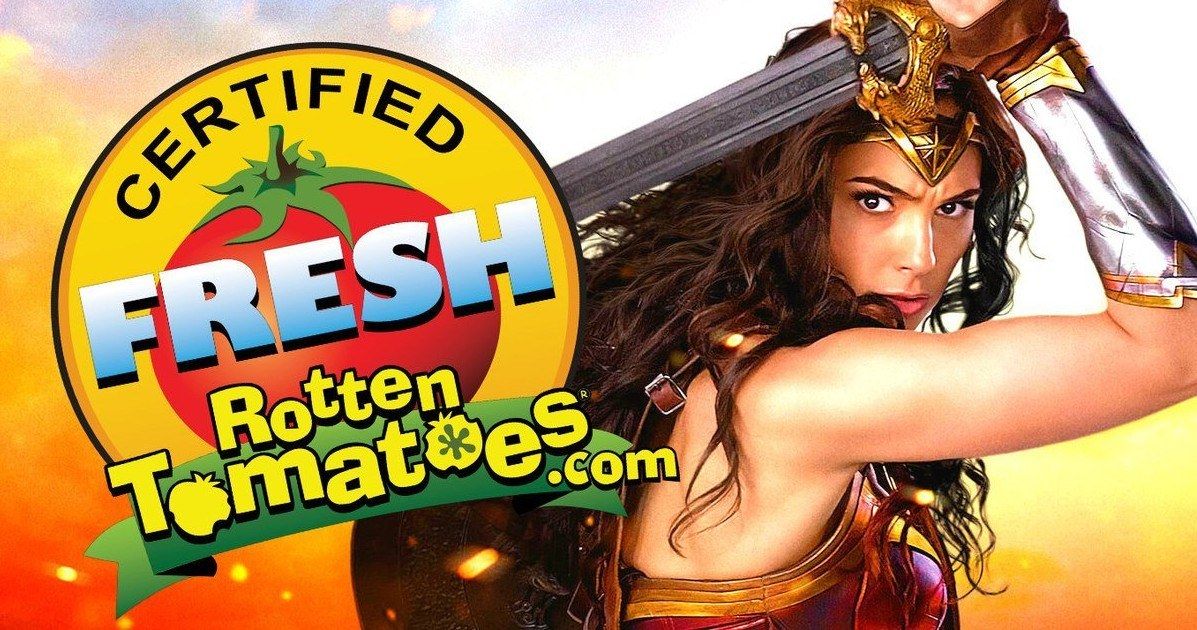It has been a pretty rough year at the box office. Specifically, a lot of big studio movies bombed over the summer, leading to the worst summer season at the box office in more than a decade. Some have pointed to review aggregator Rotten Tomatoes when it comes to assessing blame, as it has become an increasingly popular tool among moviegoers. However, a new study finds that Rotten Tomatoes doesn't have any impact on the box office, positively or negatively.
Yves Berquist, director of the Data & Analytics Project at USC's Entertainment Technology Center, recently published a study on Medium that analyzed movie data going all the way back to 2000. Despite more and more Hollywood elite claiming that Rotten Tomatoes has become a major influence on the box office, this study found it to be quite the opposite. Here's some of what Yves Bergquist had to say, which gets right to the heart of his findings.
"Rotten Tomatoes scores have never played a very big role in driving box office performance, either positively or negatively."
What's perhaps very telling is that this proved true when Yves Berquist looked at 2017 alone. He found that there was no correlation, positive or negative, between Rotten Tomatoes and how the movie did at the box office. Even though movies with very poor Rotten Tomatoes scores, like The Emoji Movie or Baywatch, for example, underperformed this year, this new study actually attributes that to consumers becoming wiser. Not because Rotten Tomatoes makes the movie look bad.
"There's virtually no difference between critics' scores and audiences' scores, and the more successful the film is at the box office, the smaller the difference. Which means that audiences are becoming experts at smelling a 'bad' movie and staying away."
Some have argued that critics are hard on blockbuster movies, but that isn't necessarily the case. This study found that critics have been more kind to movies grossing more than $300 million worldwide than ever before. The median Rotten Tomatoes Score has gone up to 77.5 in 2017, which is higher than it's been, with the previous high of coming 2013 with the medium RT score being 73 at the time. One of the other interesting things that Yves Berquist found with this study is that massive, expensive movies don't actually have a better guarantee of return. In fact, they actually carry a lot more risk.
"This means that, as financial exposure rises, so does financial risk. This is not good (for a long time it was the opposite), and is a substantial reason why Wall Street has been so tough on entertainment stocks lately."
Rotten Tomatoes isn't going anywhere and studios and creators are quick to get upset when their movie doesn't look good on the Tomatometer. On the flip side, studios and creators are pretty quick to point it out when their movie has a favorable Rotten Tomatoes score. Either way, it doesn't sound like the site actually has any real power. Good movies tend to make money, bad movies don't. Rules are made to be broken, but this is a good general rule of thumb that this study seems to support. It's as simple as that.

